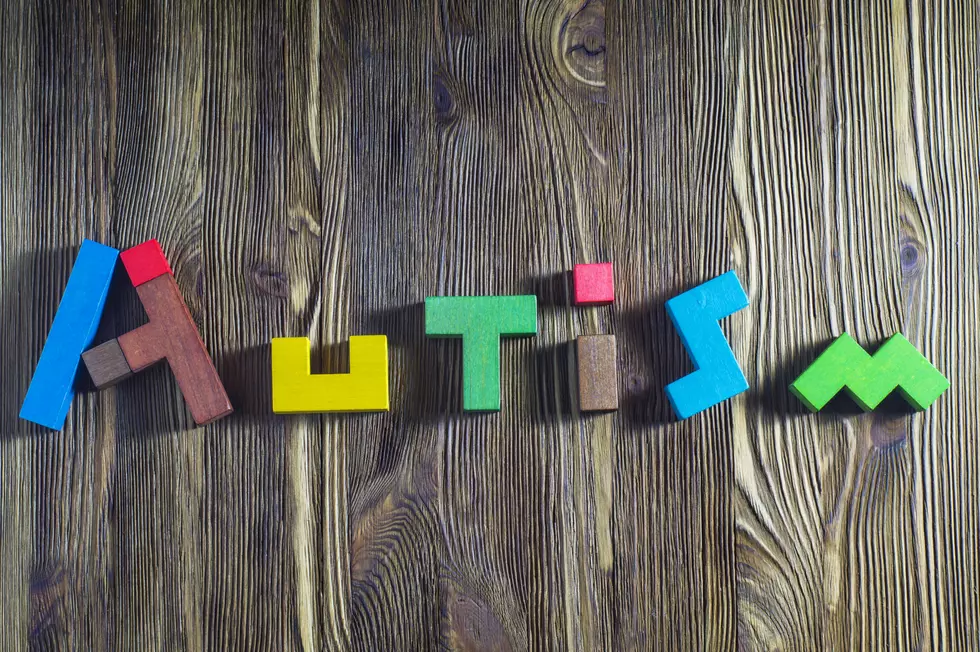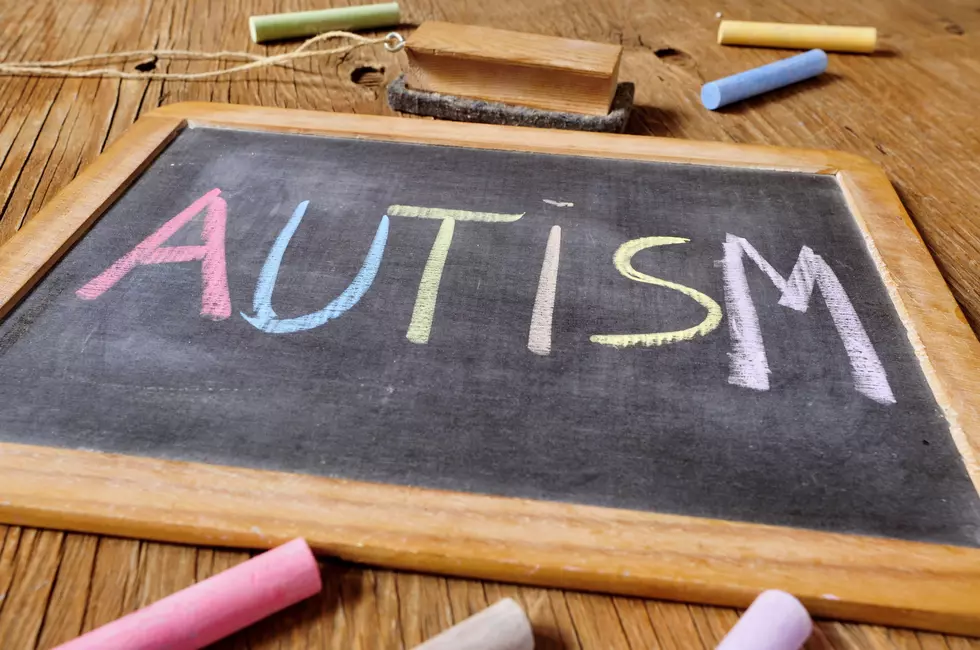
Autism rates in NJ higher than other states, Rutgers study
A new study finds up to 8% of children in some parts of New Jersey are on the autism spectrum, which is more than triple the national average.
Researchers analyzed data from the Autism and Developmental Disabilities Monitoring Network, a group of programs funded by the U.S. Centers for Disease Control and Prevention to estimate the number of children with autism, looking at 5,453 kids in public school districts in Essex, Hudson and Union counties who were 8 years old in 2016.
Walter Zahorodny, an associate professor of pediatrics at the Rutgers New Jersey Medical School and co-author of the study, said autism prevalence is quite variable in the Garden State, but more frequent than expected.
“We found that 1 in 5 school districts in our surveillance region had autism prevalence of 5% or higher,” Zahorodny said.
The study found autism spectrum prevalence was about 5% in Newark, the largest school district in the state, while Toms River, the state’s largest suburban school district, had a prevalence rate of 7.3%, and the rate was 12% in boys.
Reasons for high autism rates
The national average of children on the autistic spectrum is 2%, so why is it so much higher in New Jersey?
Zahorodny said the state has higher rates of kids on the autistic spectrum not because of any environmental issue or factor, but rather because the state does a better job of identifying the condition, “given the high levels of health professionals that are familiar with autism and school districts that are familiar with educating children with autism.”
Suzanne Buchanan, the executive director of Autism New Jersey, said the reality is the rate of autism in New Jersey has stabilized over time.
“The number of children with autism and intellectual disability has remained fairly stable over time, which means we’re doing a much better job identifying children with autism.”
Buchanan said kids on the autistic spectrum may not have an intellectual disability, but may struggle with “making friends, keeping friends, really being part of that peer group and having a sense of belonging.”
Getting a autism diagnosis
Buchanan said if a family gets an autism diagnosis there are some things to consider, such as doing a thorough assessment of what the child's abilities, strengths and weaknesses are. Other things that families need to think about is a child's education and health care needs.
Whatever the assessment reveals, Buchanan said "help is available," adding that "there’s an amazing level of knowledge and awareness here in New Jersey that I think translates very well to identifying kids.”
Zahorodny said the big unanswered question is “why is this (rate of autism) going up everywhere.”
He noted higher rates of autism are associated with premature birth, low birth rate and older parents and delivery by C-section, “but altogether those factors don’t seem to add up to the magnitude of the increase that we’re seeing.”
To learn more about New Jersey's resources for autism, go to Autism New Jersey's webpage.
You can contact reporter David Matthau at david.matthau@townsquaremedia.com.
9 Dumb Things About New Jersey
The 10 most-lobbied bills in Trenton in 2020 and 2021




